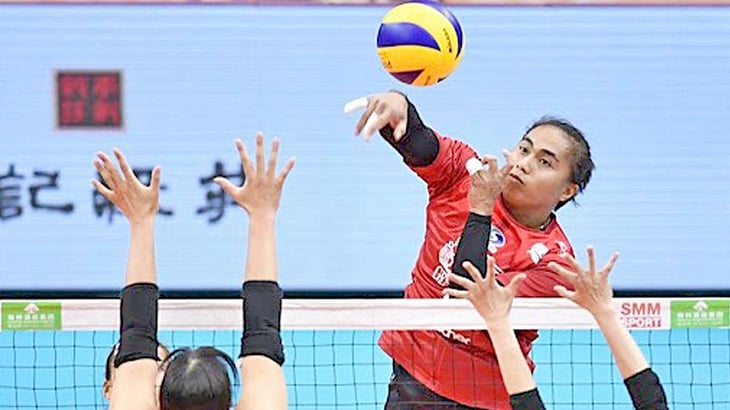
Indonesia once had a volleyball player who caused controversy over his gender - Photo: INA
This information was announced by Mr. Kongsak Yodmanee (SAT Director General), which could create a historic milestone in the regional sports arena.
Controversial past
“Gender testing” has been a shadow over women’s sports for half a century. From visual “scrutinies” to Barr chromosome and PCR testing to testosterone monitoring, sports governing bodies have had to constantly change the way they control gender equity in the women’s playground. But the more changes, the more controversy.
Gender testing was officially introduced by the International Olympic Committee (IOC) in the 1968 Olympics, after a series of scandals. Before molecular testing, many competitions used visual inspections or gynecological exams to "confirm femaleness" - a method that was both invasive and unscientific .
Since the late 1960s, the Olympic Games have used Barr cell tests to detect the “male factor” that may exist in some female athletes. But the accuracy of these results has soon been strongly disputed by the scientific community.
In the late 1990s, a research team led by Dr. Louis J. Elsas (USA) said that the IOC had mass tested female athletes from 1968 to 1998, and pointed out the medical and ethical disadvantages of these measures.
Pressure from the scientific community pushed the IOC to a turning point. In June 1999, the IOC Executive Committee abolished universal sex testing. Since the 2000 Sydney Olympics, the IOC has only tested sex when there is "reasonable doubt".
The controversy did not stop when sports entered the "testosterone era" - the male sex hormone gradually became a familiar doping dose for female athletes. Since 2011, World Athletics has introduced the "hyperandrogenism" framework, estimating that testosterone levels at a certain threshold will give female athletes an advantage.
But in 2015, the controversy surrounding athlete Dutee Chand caused the Court of Arbitration for Sport (CAS) to temporarily suspend this regulation, while requiring more solid evidence of the link between testosterone and performance.
To put it simply, there are many athletes with abnormal biological bodies who possess abnormally high levels of testosterone, exceeding the threshold set by World Athletics. But they are not cheating, not intentionally, and may not even have a significant advantage from this.
Because of this controversy, World Athletics has had to continually change the maximum testosterone threshold allowed for female athletes to compete.
Even the IOC is not sure
World Athletics is aggressive about gender testing, while the IOC is clearly confused because it has to manage so many different sports.
In November 2021, the IOC issued a document called "Framework on Fairness, Inclusion and Non-Discrimination on the Basis of Gender Identity and Sex Variations", shifting to a human rights-based and science-based approach for each sport. The framework affirms that the IOC will not require universal gender testing, will not impose a testosterone cap at the Olympic level, and will leave it to international federations to develop policies that are "evidence-based, proportionate and respectful of human dignity", with the principle of not subjecting athletes to unnecessary medical interventions.
How will Thailand handle this?
The gender debate has once again heated up at the 2024 Paris Olympics. This time, boxing became the focus when two female athletes, Imane Khelif and Lin Yu Ting, were allowed to compete, even winning gold medals in their respective weight classes, despite having been previously banned from competing by the International Boxing Association (IBA, one of the prestigious professional boxing organizations). The IBA provided documents showing that the two boxers were male, but the IOC rejected them, confirming that both were still "female".
Just one example from Khelif, Lin Yu Ting, shows the complexity of gender testing today. It is an issue with a wide coverage - from suspected gender fraud, doping (specifically testosterone), to complex syndromes (typically Swyer syndrome) - that cause women to "have many biological male characteristics".
Nature clearly did not simply create humans in two basic gender identities - male and female. There are many biologically complex cases, and the common debate is whether some of these special cases gain significant advantages in sports competition?
Most of us who watch women's sports have a common feeling of dissatisfaction when there are "too strong" athletes. Gender testing is generally a good idea, but it will never end the controversy.
The question is, if even the IOC level is still confused about this topic, how will Thailand cope?
In a statement released on August 15, Mr. Yodmanee affirmed that gender testing would be focused on combat sports and focused on martial arts, volleyball, football, etc. But Thailand will have to consider the lesson from the Paris Olympics, when the IOC and IBA had conflicting opinions.
It is still unclear what gender testing method Thailand will consider at the 33rd SEA Games. From this September, World Athletics will once again revolutionize the world of elite sports by announcing new regulations requiring testing for the SRY gene - the gene that determines male gender.
Accordingly, starting September 1, 2025, all athletes who want to compete in the female category at international tournaments in the world ranking system must perform a test once in their life for the SRY gene through cheek swabs or dried blood. But it will take a long time for a new method to become popular.
Gender testing is therefore a debate between ethics and science, disagreements between sports officials and irrational emotions of fans. When the IOC is fed up, the SEA Games has jumped into this topic.
Source: https://tuoitre.vn/kiem-tra-gioi-tinh-o-sea-games-33-thach-thuc-qua-lon-cho-thai-lan-20250817232939864.htm


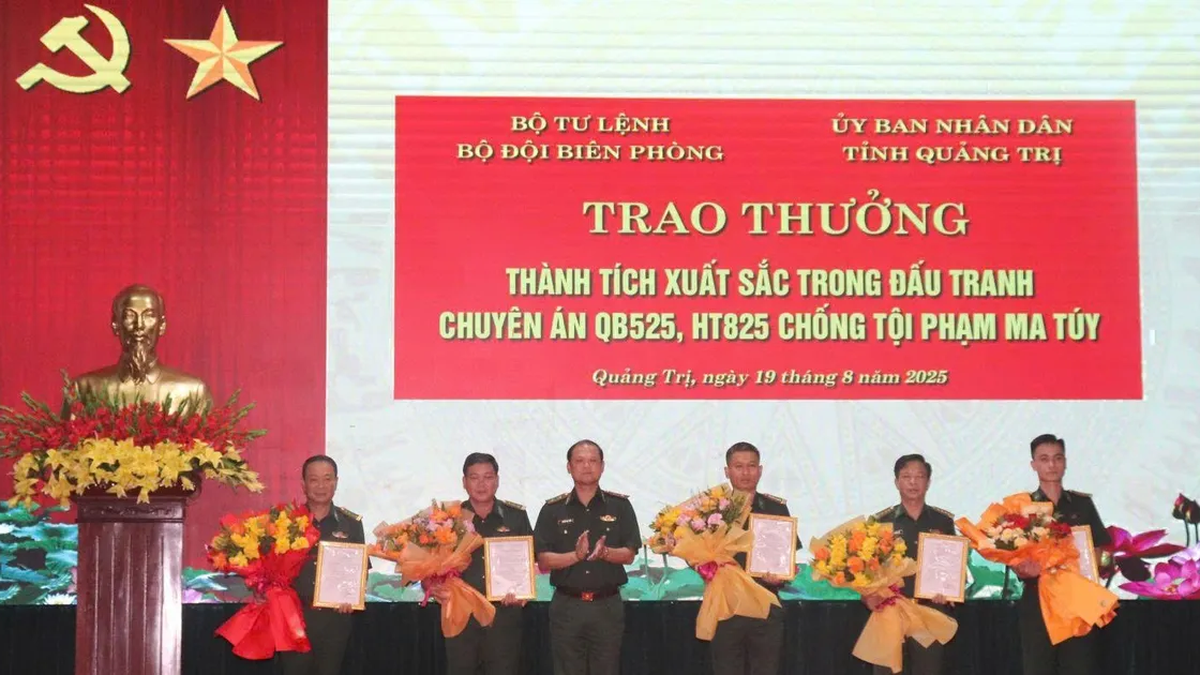

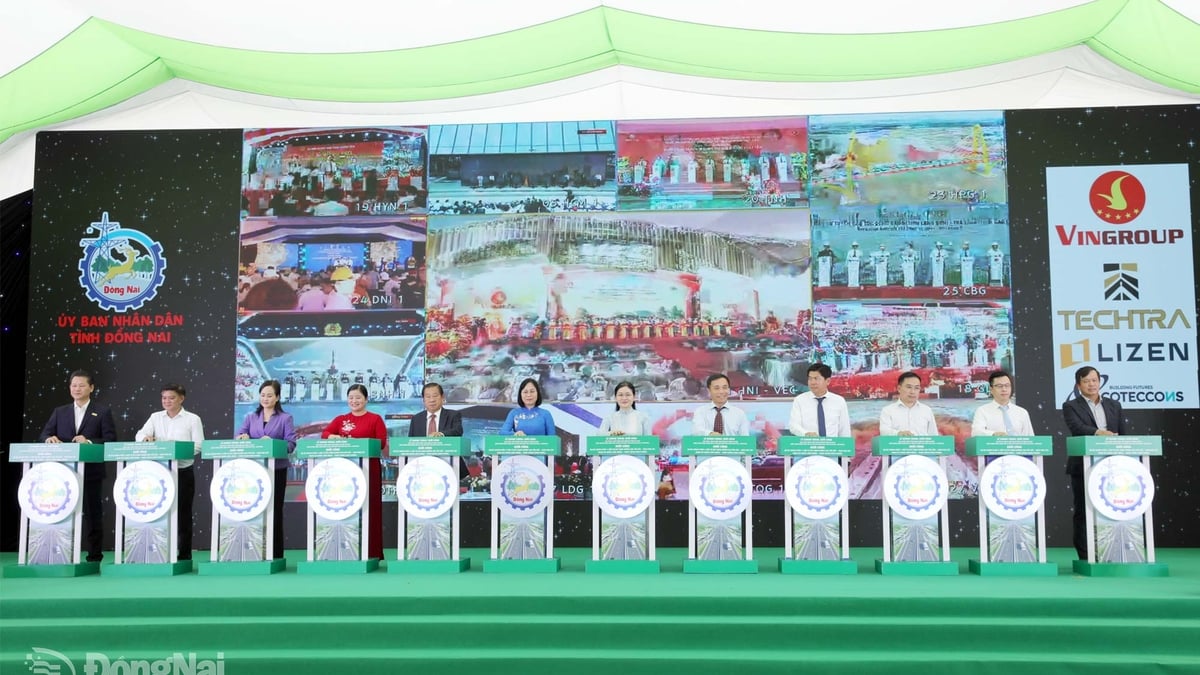

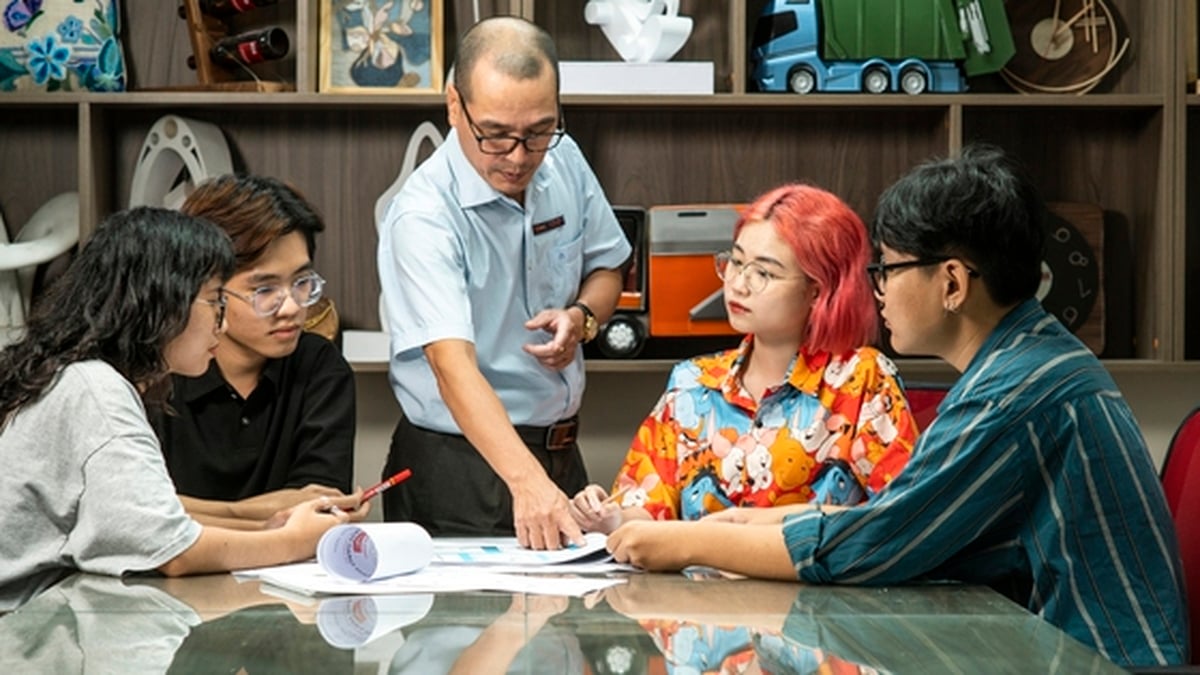


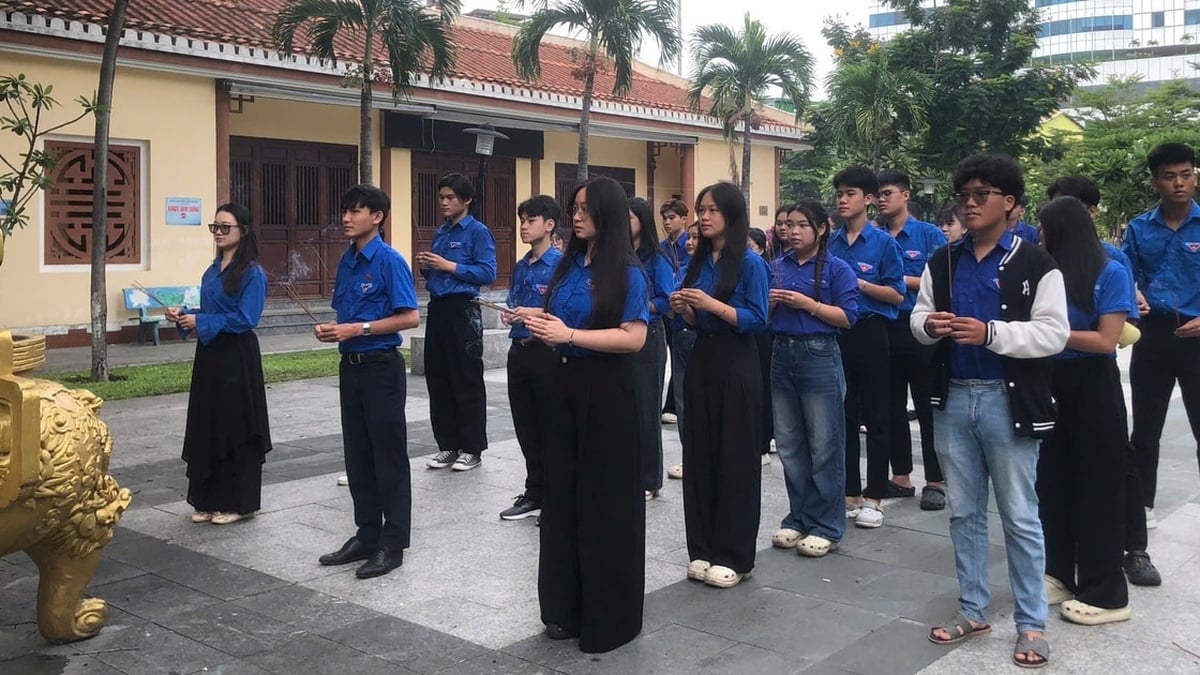

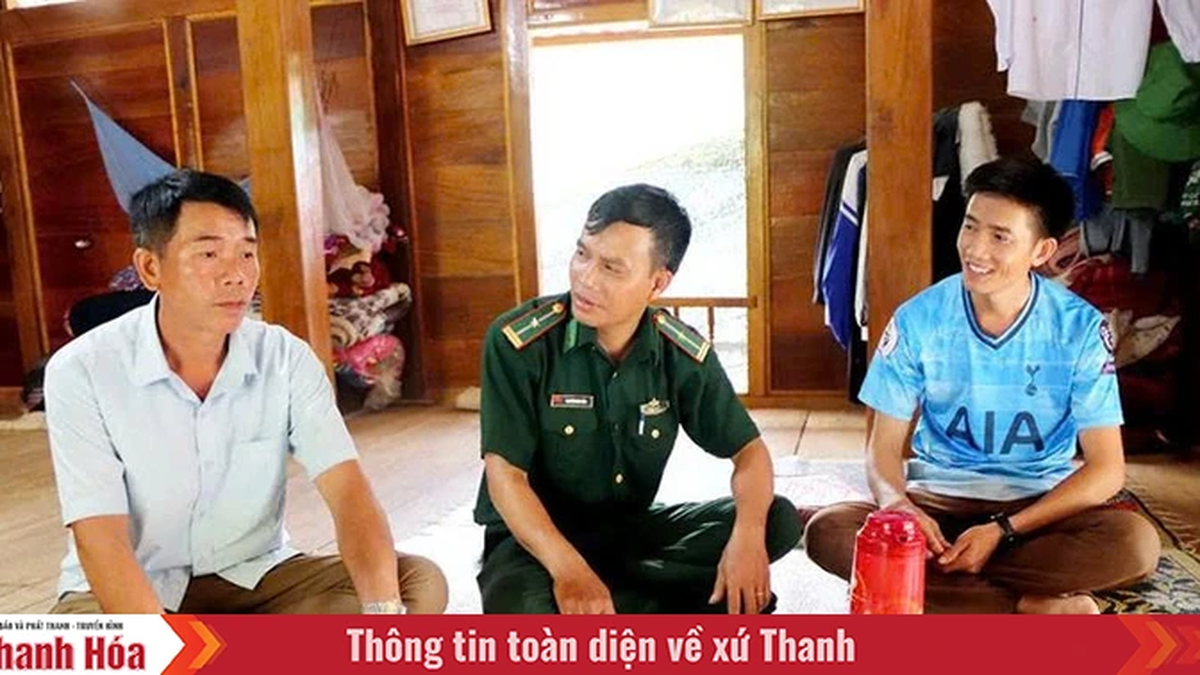










![[Photo] General Secretary To Lam and President Luong Cuong attend the handover ceremony of the Presidential Office Headquarters](https://vphoto.vietnam.vn/thumb/1200x675/vietnam/resource/IMAGE/2025/8/19/a37cfcbd301e491990dec9b99eda1c99)
![[Photo] General Secretary and Prime Minister visit the National Exhibition and Fair Center](https://vphoto.vietnam.vn/thumb/1200x675/vietnam/resource/IMAGE/2025/8/19/f4503ad032d24a90beb39eb71c2a583f)

![[Photo] General Secretary To Lam attends the inauguration and groundbreaking ceremony of 250 projects to celebrate National Day](https://vphoto.vietnam.vn/thumb/1200x675/vietnam/resource/IMAGE/2025/8/19/3aa7478438a8470e9c63f4951a16248b)
![[Photo] President Luong Cuong's wife and Queen of Bhutan visit Tran Quoc Pagoda](https://vphoto.vietnam.vn/thumb/1200x675/vietnam/resource/IMAGE/2025/8/19/62696af3852a44c8823ec52b03c3beb0)

![[Photo] Close-up of the first International Financial Center building in Ho Chi Minh City](https://vphoto.vietnam.vn/thumb/1200x675/vietnam/resource/IMAGE/2025/8/19/3f06082e1b534742a13b7029b76c69b6)
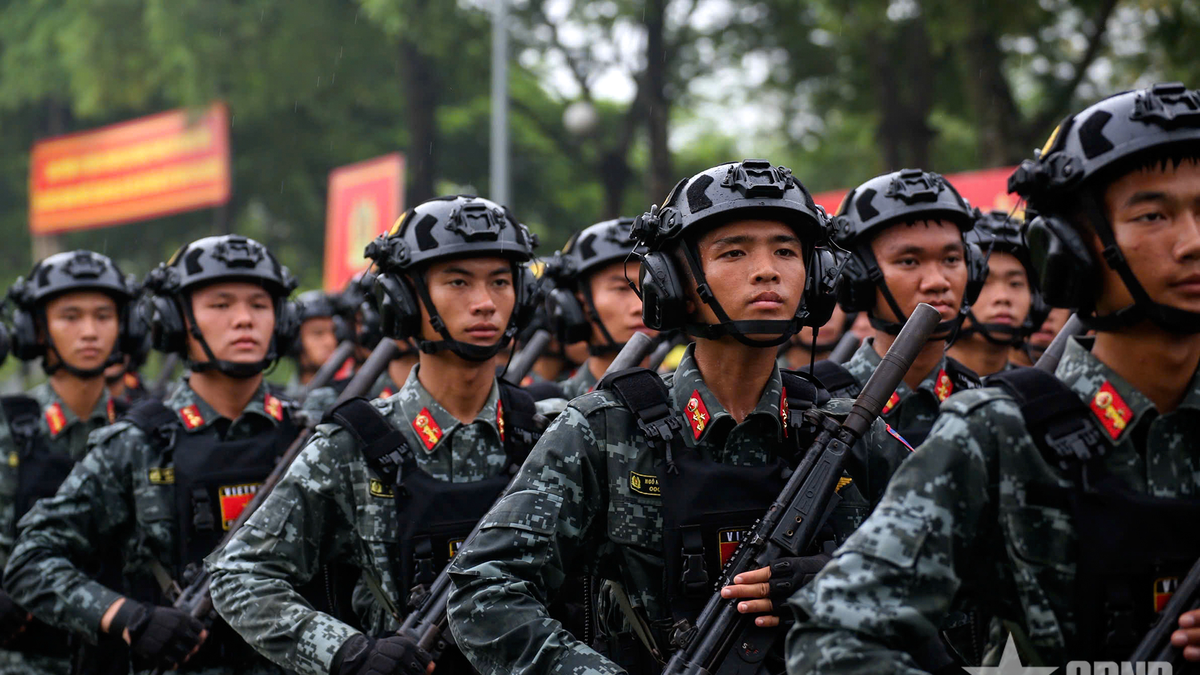

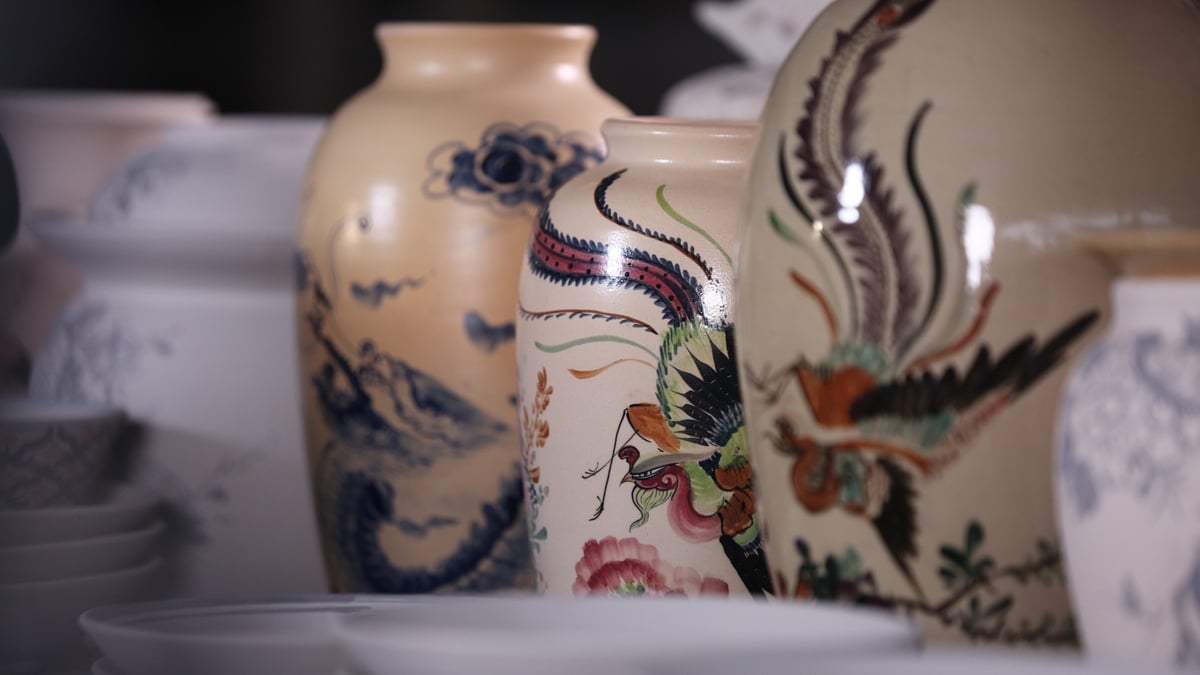








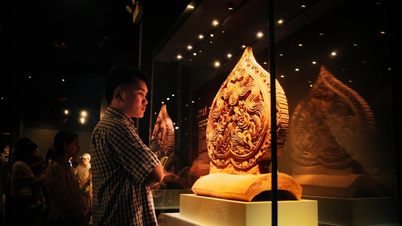




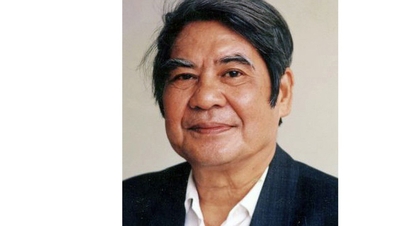

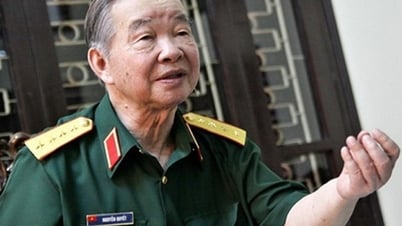







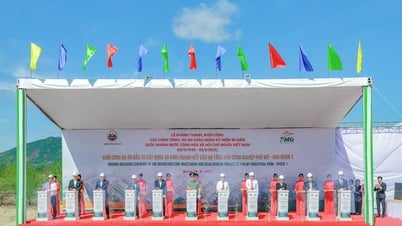


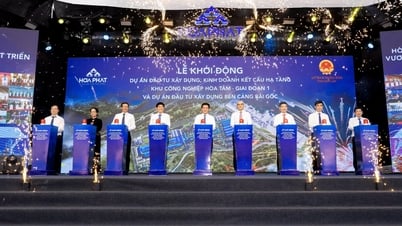
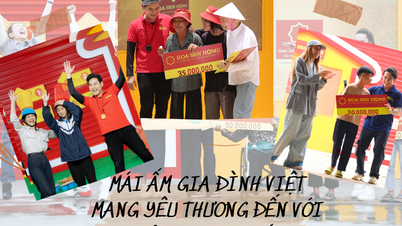



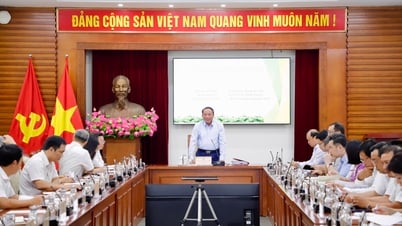
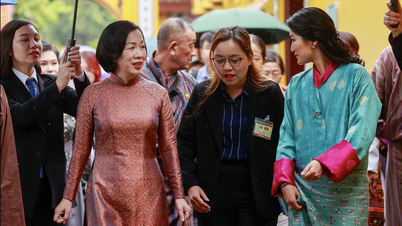

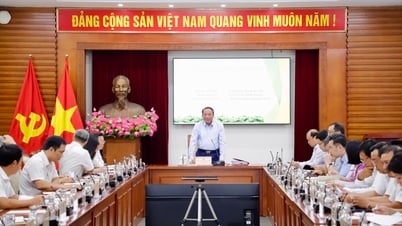


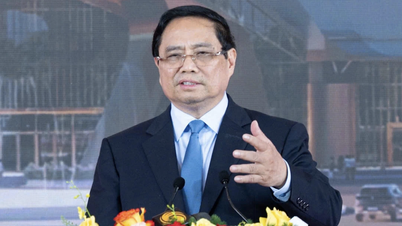
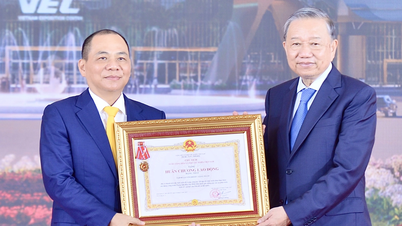
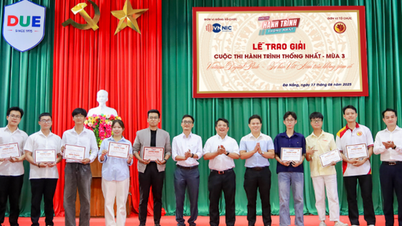

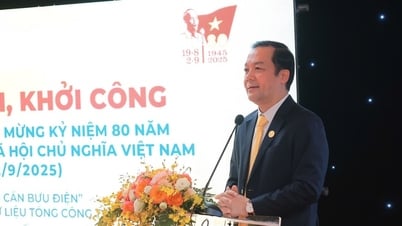

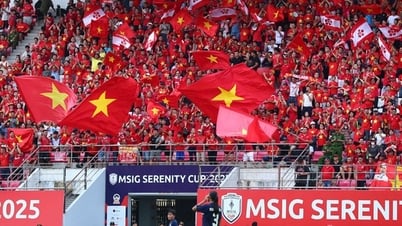
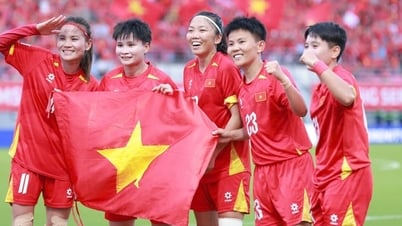
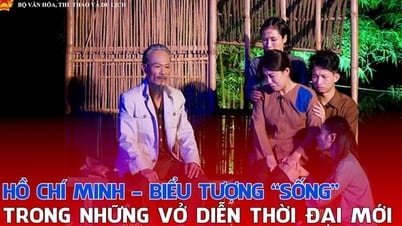














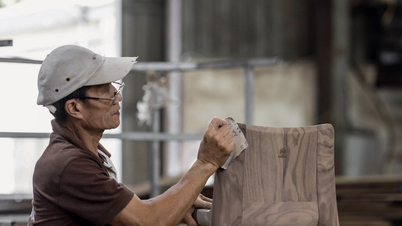







Comment (0)